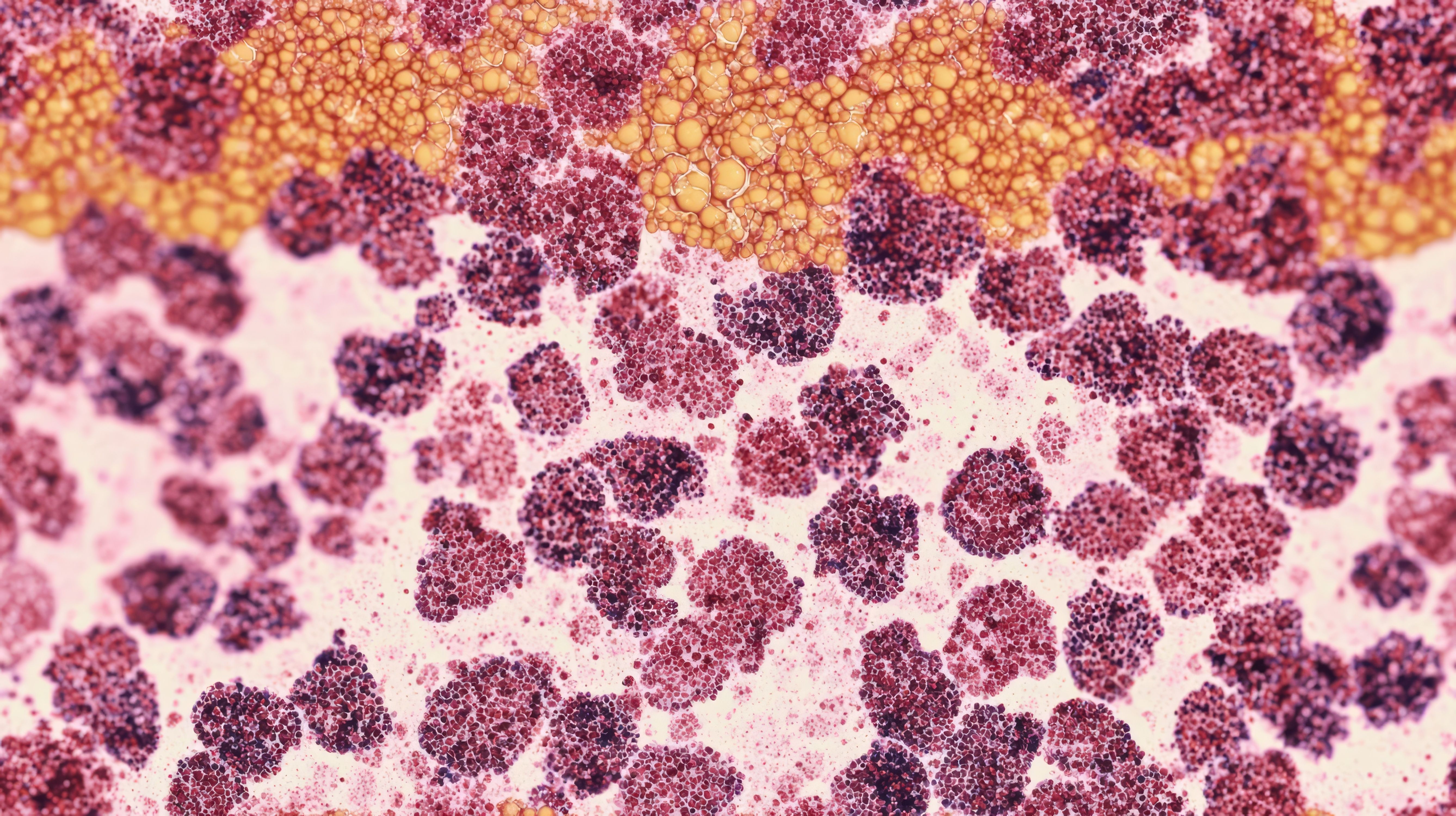Article
Chemotherapies May Have Varying Long-Term Cardiovascular Risk
Author(s):
Researchers at University of Texas Health Science Center at San Antonio studied 28,000 childhood cancer survivors to determine similarities in long-term effects for various chemotherapies.
By studying the outcomes of more than 28,000 long-term childhood cancer survivors in the United States and Europe, researchers found that exposure to different anthracyclines results in variable long-term cardiovascular risk.
According to researcher Gregory Aune, MD, PhD, of University of Texas Health Science Center at San Antonio, there had long been an assumption that those long-term cancer survivors who had been exposed to anthracycline chemotherapies, such as doxorubicin, had an increased risk of cardiovascular disease.
“Previously, it was assumed that exposure to any member of the anthracycline class carried the same risk of late cardiovascular complications,” Aune said in a press release.
However, research has found that exposure to different types of anthracyclines result in the variable long-term effects.
"The past several decades have been focused on devising combinations of drugs that work best for curing patients," said Gail Tomlinson, MD, PhD, professor of pediatrics, division director of pediatric hematology-oncology. "This has been a highly successful process with a substantial increase in survival for most cancer types. Now with so many survivors alive many years from their original cancer, it is imperative to fine-tune protocols based on the goal of minimizing late effects."
The study, published in JAMA Oncology, showed that the drug daunorubicin was associated with decreased cardiomyopathy risk when compared to doxorubicin. Mitoxantrone, another chemotherapy, appeared to have greater long-term cardiomyopathy risk than was previously estimated.
“In the future,” Dr. Aune continued, “it will be important to take these differences into account when screening long-term survivors for cardiovascular complications and in the development of modern treatment regimens."
Dr. Aune, assistant professor of pediatric hematology-oncology at UT Health San Antonio and an investigator with the university's Greehey Children's Cancer Research Institute, assisted in the study design and review. Co-authors are from the Netherlands; the Fred Hutchinson Cancer Research Center in Seattle; St. Jude Children's Research Hospital in Memphis, Tenn; the Duke University School of Medicine; and the University of Washington, Seattle.
Newsletter
Stay informed on drug updates, treatment guidelines, and pharmacy practice trends—subscribe to Pharmacy Times for weekly clinical insights.




